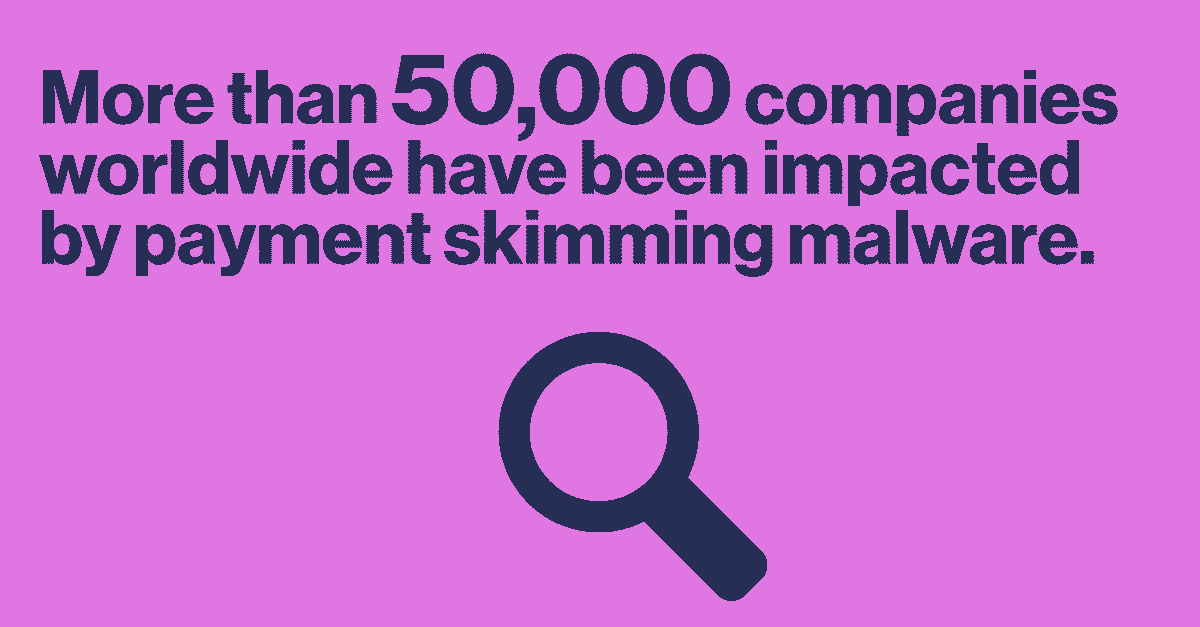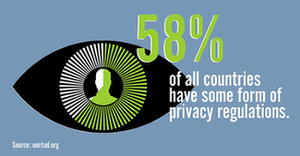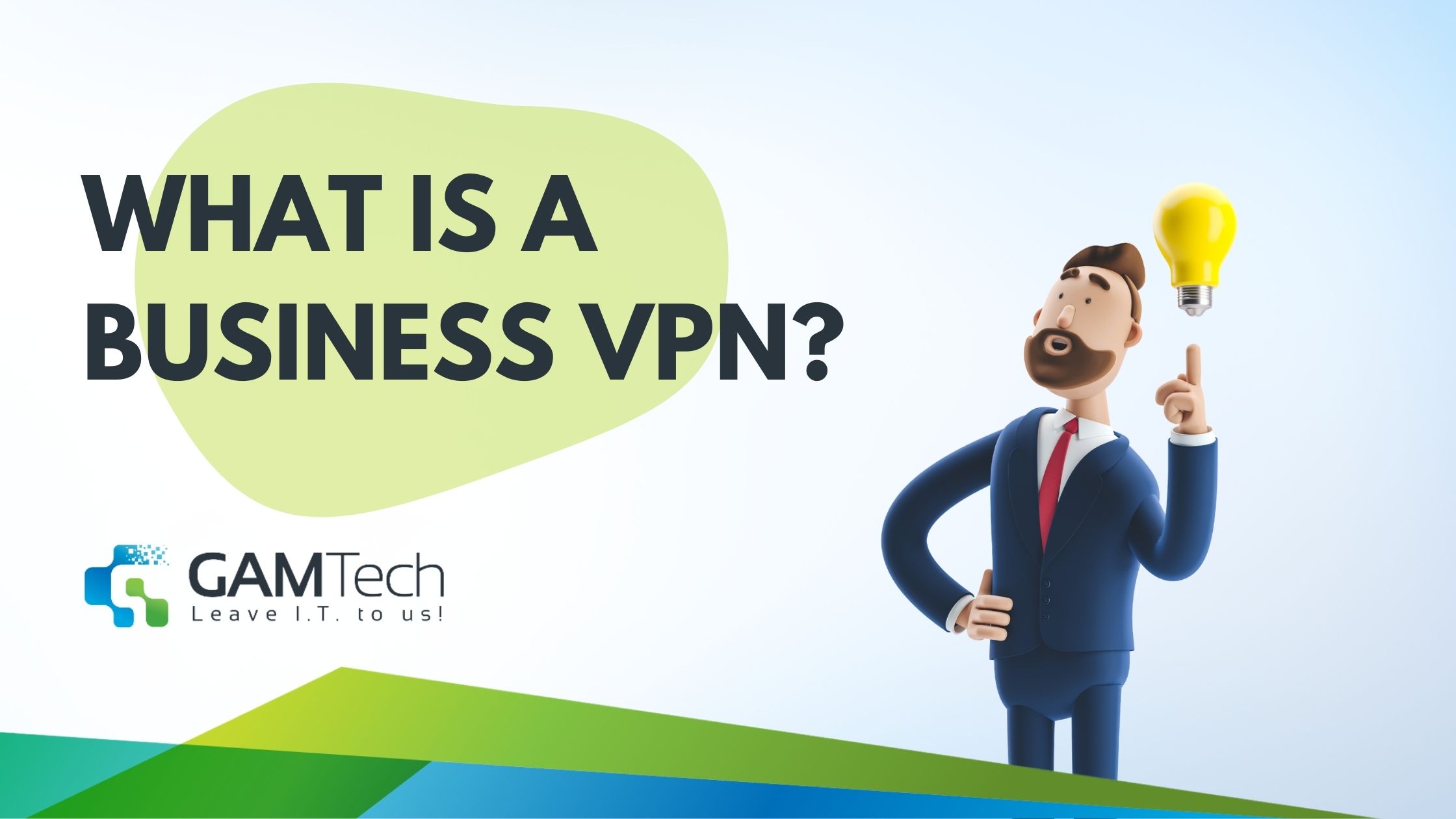2 min read
Recent Data Breaches You Should Know About - December 2019
Each year, hundreds of Canadian businesses and institutions suffer at the hands of cybercriminals. Understanding the magnitude of such threats is...
According to CISCO, companies promoting BYOD (Bring Your Own Device) in the workplace can save $350 per employee, per year. With savings amounting to thousands of dollars per annum for small to mid-sized businesses, it’s no wonder why many companies are favouring the BYOD model as a means of conserving company capital.
But is your organization really ready for a BYOD policy? Here’s how to tell:
1. You’ve Provided Basic (Online) Safety Training
Employees should display a basic understanding of device safety and maintenance in the workplace. For instance, they should recognize the importance of keeping security software up to date and adhere to standard company practices when it comes to email-related safety, popups and suspicious links, protecting personal data, implementing strong passwords and more.
![]()
2. You’ve Created a Comprehensive BYOD Policy
BYOD policies are imperative for minimizing employee confusion, security risks, lost productivity and unnecessary capital expenses. Topics outlined and addressed in your BYOD policy should cover:
See CISCO’s How to Properly Implement a Secure BYOD Policy in Your Small Business for more information
3. You’ve (Greatly) Improved Your Network Security
The introduction of personal laptops, smartphones, tablets and other devices will leave your company more vulnerable. This means an increased risk for leaked information, malware infections and involuntary data sharing. As a result, BYOD businesses need to invest in and implement the right networking infrastructure. This should include:
See our Network Security Services to learn more
4. You Have Reliable Cloud Solutions In Place
Cloud-based solutions are essential to any BYOD-based business for the following reasons:
Security – With the right IT solutions in place (complying with your business security standards), you’ll never have to worry about losing data as a result device misuse.
Scalability – The cloud will provide your business with the capability it needs to grow, change and adapt.
Flexibility – Employees can access relevant company information anywhere, anytime from any device safely and securely.
Savings – Cloud-based storage helps to reduce overhead costs related to training, leasing, licensing and more.
GAM Tech specializes in innovative Managed IT Service solutions for both small and medium-sized businesses. Responsive, Reliable and Accountable, our affordable range of services are proven to reduce company overhead, limit IT-related downtime, boost productivity and promote long-term company growth.

2 min read
Each year, hundreds of Canadian businesses and institutions suffer at the hands of cybercriminals. Understanding the magnitude of such threats is...

1 min read
Each year, hundreds of Canadian businesses and institutions suffer at the hands of cybercriminals. Here are just a few of Canada’s most significant...

Updated June 1, 2022 With cyber attacks becoming more frequent for small businesses, along with new privacy scandals from social media and and hacker...